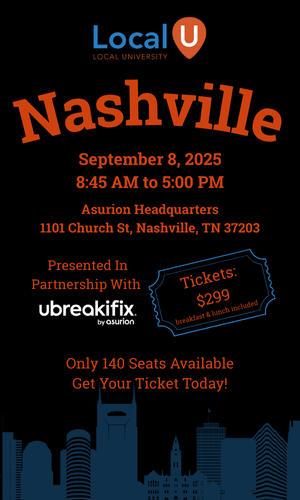- Joined
- Aug 7, 2012
- Messages
- 134
- Solutions
- 1
- Reaction score
- 98
One of my WordPress sites had a pitiful PageSpeed Insights score of 32. I added the WP-Minify plugin and it brought the score up to 72. I then added a G-Zip plugin which brought it up to 75. I was amazed that 30 seconds of work improved my page speed that much.
I posted this on Twitter and got lots of replies for suggestions of other plugins to use that may help. I'm thinking that I may do some experiments to see which of these plugins works best for my site.
On another static (non WordPress) site that I have, I spent time resizing images and was able to bring the PageSpeed score up from 33 to 68 just by doing that. Again, I'm going to play around with doing other things to make the score even higher.
If you do SEO for clients, spending an hour or so experimenting with ways to improve PageSpeed could be a quick win for both you and your client. PageSpeed is a ranking factor. Google says it is a very small ranking factor, but Alan Bleiweiss has seen sites make massive ranking improvements after improving their load times.
One word of warning. A while back I tried an all in one page speed plugin and it borked one of my sites. So, if you do this, be sure to backup your site first.
What do you think? Have you tried any of these plugins?
I posted this on Twitter and got lots of replies for suggestions of other plugins to use that may help. I'm thinking that I may do some experiments to see which of these plugins works best for my site.
On another static (non WordPress) site that I have, I spent time resizing images and was able to bring the PageSpeed score up from 33 to 68 just by doing that. Again, I'm going to play around with doing other things to make the score even higher.
If you do SEO for clients, spending an hour or so experimenting with ways to improve PageSpeed could be a quick win for both you and your client. PageSpeed is a ranking factor. Google says it is a very small ranking factor, but Alan Bleiweiss has seen sites make massive ranking improvements after improving their load times.
One word of warning. A while back I tried an all in one page speed plugin and it borked one of my sites. So, if you do this, be sure to backup your site first.
What do you think? Have you tried any of these plugins?




